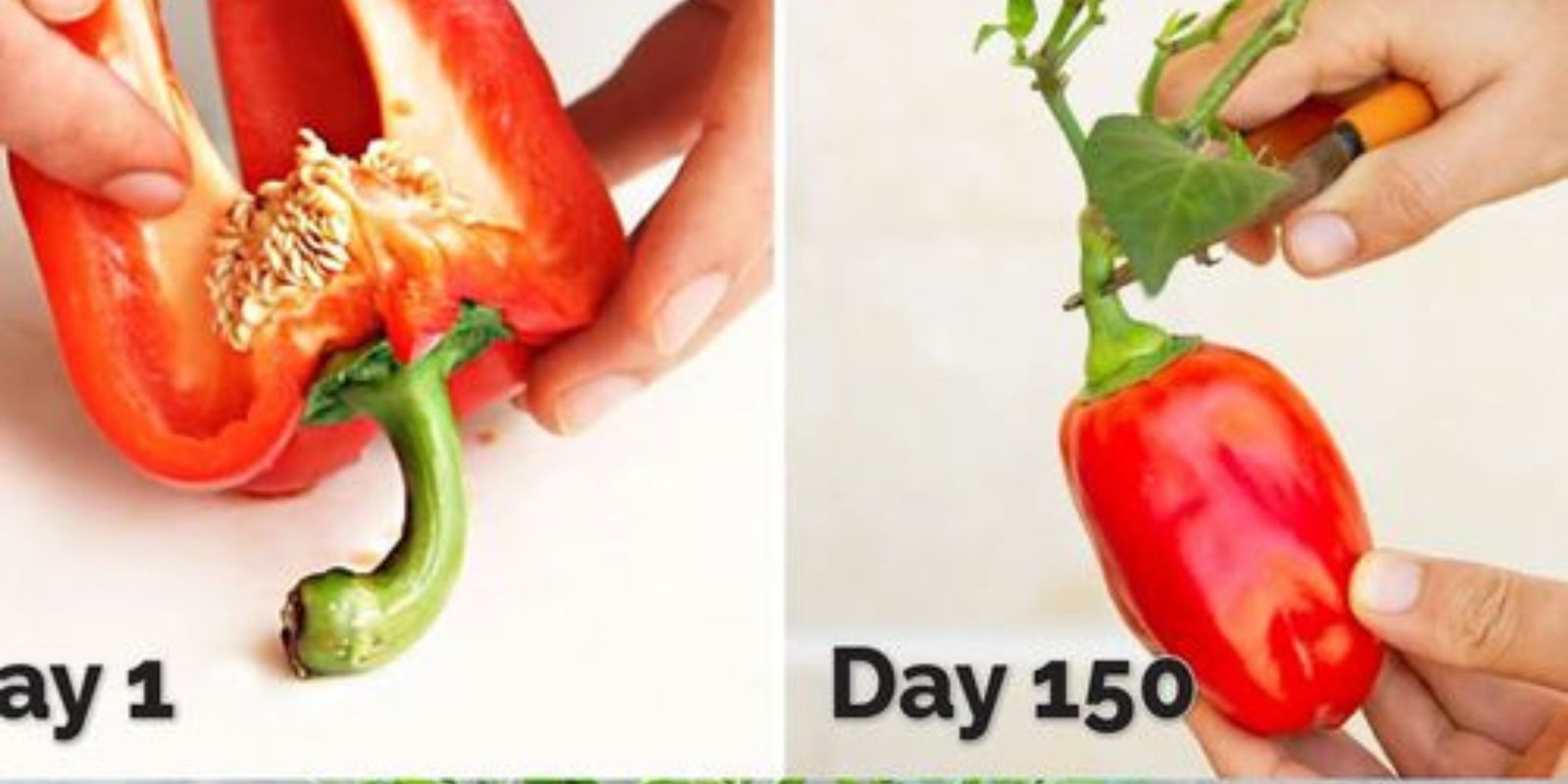Growing peppers in pots can be a rewarding experience, allowing you to enjoy fresh, homegrown peppers even in limited space. Here are seven essential tips to help you grow thriving peppers in pots:
- Select the Right Container:
- Choose a large enough container to accommodate the pepper plant’s root system. A container with a diameter of at least 12-18 inches is suitable. Ensure the pot has drainage holes to prevent waterlogging.
- Use Quality Potting Mix:
- Use a well-draining potting mix that is specifically formulated for container gardening. It should provide good aeration and drainage. Adding perlite or vermiculite can further improve the soil structure.
- Choose the Right Pepper Variety:
- Consider the size of your pot when selecting pepper varieties. Compact or dwarf varieties are well-suited for containers. Mini bell peppers, patio peppers, or chili varieties are popular choices for container gardening.
- Provide Adequate Sunlight:
- Peppers require full sunlight to thrive. Place your pots in a location that receives at least 6-8 hours of direct sunlight daily. If growing peppers indoors, place them near a sunny window or use artificial grow lights.
- Watering:
- Keep the soil consistently moist, but not waterlogged. Allow the top inch of the soil to dry out between waterings. Overwatering can lead to root rot, while underwatering can result in stressed plants and poor fruit development.
- Fertilize Regularly:
- Peppers are heavy feeders, especially when grown in containers. Use a balanced, water-soluble fertilizer or a slow-release fertilizer designed for vegetables. Follow the recommended application rates on the fertilizer packaging.
- Support and Pruning:
- Provide support for the pepper plants as they grow, especially if you are growing taller varieties. Stake or use tomato cages to prevent the plants from bending or breaking under the weight of the fruit. Pruning can also help improve airflow and encourage fruit production.
- Pest and Disease Management:
- Keep an eye out for common pests like aphids and caterpillars. Neem oil or insecticidal soap can be used for organic pest control. Additionally, practice good garden hygiene to prevent the spread of diseases.
Remember to adjust these tips based on your specific pepper variety and local growing conditions. With proper care, you can enjoy a bountiful harvest of peppers from your container garden.

